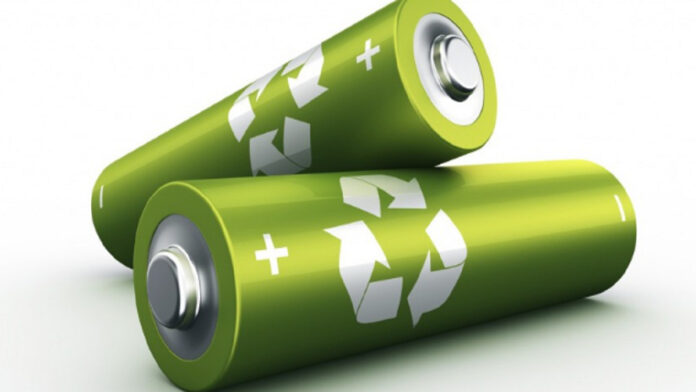Batteries are some of the products that should never be released in the landfill. Some of the small household batteries that are seemingly harmless contain harmful chemicals that could be dangerous to humans and the environment. The primary purpose of recycling batteries is to prevent these toxic chemicals from reaching the atmosphere. Some of the benefits of battery recycling include:
Reduce Risks of Fire and Explosion
Some types of batteries contain explosives and can cause fire to break out. Lithium batteries are more likely to cause a fire if not treated carefully. Fires in waste facilities can be hard to anguish. All batteries need to be treated carefully, especially if they are exposed to heat. It is essential to give your old and damaged batteries to recycling firms such as WM commercial waste services to avoid the risk of fire in your home or on the waste. Some batteries are very flammable, and if not appropriately disposed of or recycled on time, they can be dangerous to you, your family, or the entire neighborhood.
Healthy Issues
Disposing batteries containing lead and corrosive acids can be harmful to human health. They can cause damages to your skin and eyes. Other metals like nickel and cadmium present in batteries are carcinogenic, meaning they are agents of cancer. Another metal present in batteries is lead which has been linked to several medical problems such as neurological damages, developmental and congenital issues. Batteries that go back to 1996 contained mercury which is also health hazardous; however, the government banned them. When released into the environment, they break, releasing toxic materials to the environment.
Environmental Hazard
Batteries come in different sizes and shapes and contain different electrolytes. Some of the most common electrolytes include nickel, mercury, lead, and cadmium. Even when the batteries are incarnated, these harmful metals are released into the air, which causes pollution. Recycling batteries saves the environment since the plastic materials from the old batteries are used in making new ones, hence protecting the environment from pollution. Plastic materials do not decay and can last for thousands of years in the environment.
Reduce the Need for New Materials
Battery production depends on lithium, nickel, and cobalt, which are rare and expensive to attain. Also, mining these materials comes at a high cost to miners and the environment. Most miners extracting these materials toil in challenging and dangerous environments. By recycling these materials, we reduce the cost of getting new ones. Many of these materials are reusable. For instance, over 70% of the weight of lead-acid batteries contains reusable lead. As the cost of new batteries increases, we can use the used materials to make cheaper batteries. You can also get paid some money by recycling companies. Instead of tossing your old battery, you can take it to a recycling company, some will fix it free of charge, and you can later dispose of it.
The Process Of Recycling Batteries Is Easy.
Recycling batteries is now accessible than ever. There are several collection points near you like retail shops and some local supermarkets. All you need is to carry your old battery when going shopping and leave it there. The process of battery recycling is easy, but it all depends on the type of battery and damage level.
